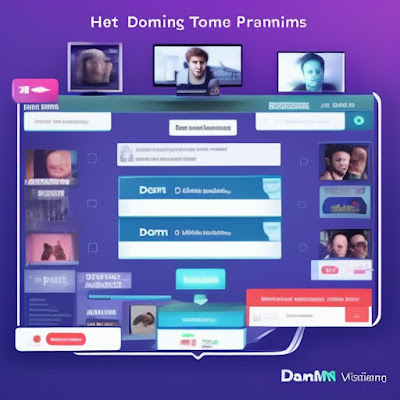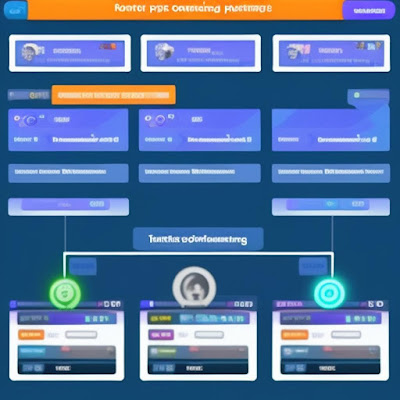What is Website Content Planning? The Ultimate Guide
Introduction
In the ever-evolving digital landscape, website content planning has become a critical aspect of online success. Whether you're a business owner, content creator, or digital marketer, understanding how to strategically plan your website's content is essential. This guide will walk you through the intricacies of website content planning, providing expert insights and actionable tips to help you create content that resonates with your audience.
1. What is Website Content Planning?
Website content planning involves the meticulous process of strategizing, organizing, and creating the content that appears on your website. It's not merely about putting words on a page; it's about delivering the right message to the right audience at the right time. Effective website content planning encompasses the following key elements:
2. Understanding Your Audience
Before crafting your content, you must have a deep understanding of your target audience. Who are they? What are their needs, desires, and pain points? By creating content that speaks directly to your audience, you're more likely to engage them and keep them coming back for more.
3. Keyword Research
Keyword research is the cornerstone of content planning. It involves identifying relevant keywords and phrases that your audience is searching for. These keywords will guide your content strategy, helping you create content that ranks well on search engines.
4. Content Calendar
A well-structured content calendar ensures that you consistently produce content. It helps you plan topics, allocate resources, and stick to a publishing schedule, keeping your audience engaged and informed.
5. Quality Content Creation
Your content must be of high quality, providing real value to your audience. It should be well-researched, well-written, and, most importantly, unique. Quality content not only attracts readers but also keeps them on your website longer.
6. SEO Optimization
Optimizing your content for search engines is crucial for visibility. This includes using your focus keyword strategically, writing meta descriptions, and ensuring your content is technically sound for search engine crawlers.
7. User Experience
A well-structured and user-friendly website keeps visitors engaged. Ensure that your website is easy to navigate, loads quickly, and provides a seamless experience for users.
8. Data Analysis
Analyzing your content's performance is essential for continuous improvement. Track key metrics such as page views, bounce rate, and click-through rate to understand what's working and what needs adjustment.
Conclusion
Website content planning is the backbone of a successful online presence. By understanding your audience, conducting keyword research, and consistently delivering high-quality content, you'll be well on your way to achieving your digital goals. Remember that SEO optimization, user experience, and data analysis are all essential components of this process. If you follow these steps, you'll be on your way to creating a website that not only attracts visitors but also keeps them coming back for more.
FAQs
1. Why is website content planning important?
Website content planning is crucial because it ensures that your content aligns with your audience's needs, ranks well on search engines, and provides a great user experience. Without it, your content may lack direction and effectiveness.
2. How can I find the right keywords for my content?
Keyword research tools like Google Keyword Planner and more tools can help you identify relevant keywords. Look for keywords with a balance between search volume and competition.
3. What's the ideal frequency for publishing content?
The publishing frequency varies by the type of website and audience. However, consistency is key. It's better to publish high-quality content consistently rather than rushing subpar content.
4. Is there a recommended content length for articles?
While there's no one-size-fits-all answer, longer articles (around 1,500-2,500 words) tend to perform well. However, the focus should always be on providing value, not hitting a specific word count.
5. How do I optimize my content for SEO?
To optimize content for SEO, use your focus keyword strategically, create high-quality meta descriptions, and ensure your website is technically sound. Consider using tools like Yoast SEO for WordPress.












0 Comments